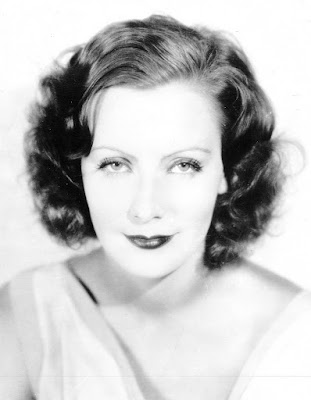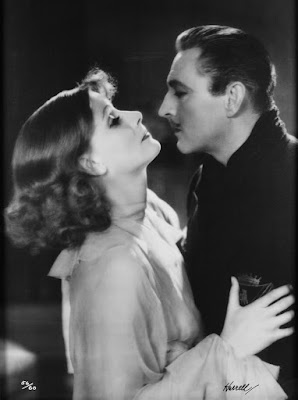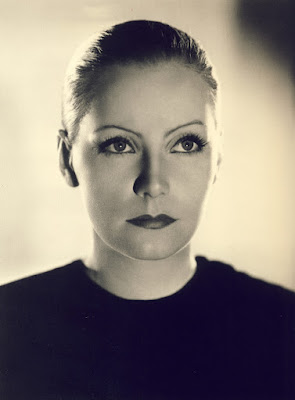Garbo in Words & Images
“Greta Garbo has been called ‘The Divine’ in several languages… To some of her worshippers she is only ‘The Incomparable One’, while to others she is simply ‘poetry, sunrise and great music’. In England she has been characterized as ‘a superhuman symbol of ‘The Other Woman’, and in Germany as ‘the supreme symbol of inscrutable tragedy’. Other European gallants, blowing hot and cold simultaneously, have described her as ‘the flaming icicle’ and ‘the frozen torch’. In America she has been hailed with majestic dizziness as ‘the mysterious, inscrutable, available but untouchable essence of the indefinable.” (John Bainbridge, Garbo, 1955)
“In close-ups she gave the impression, the illusion of great movement. She would move her head just a little bit and the whole screen would come alive – like a strong breeze that made itself felt. Wonderful movements.” (George Cukor, 1964)
“Greta Garbo was a marvelous actress. The most interesting actress I have ever seen.” (Robert De Niro, 1995)
“Garbo is far more a fetish than an actress. (She is not) unaware of this. She has made the most of phenomenal personal characteristics: the long, poetic, prehensile arms of a growing youth; the virginal torso appropriately accented with a monosyllabic pelvis. The face itself (destiny’s hands are many) is not without a more spiritual and edifying lesson: it has the equilateral beauty of some profound heroic masochism; it is fundamentally the face of a silent and nobly suffering slave, grimly humorous (with one eyebrow set back and up as though with a hair-pin) yet relentlessly combative in its supineness; a supineness which is a truly political proneness.” (Parker Tyler, Quoted in Cecil Beaton’s New York, 1938)
“Something in Garbo wanted to be where sex wasn’t. For if there’s sex, there’s bound to be sex’s uniform; if there’s a uniform, there’s bound to be a costume, and if there’s a costume, there is, possibly, a masquerade. And if there’s a masquerade, there’s a kind of deception.” (Parker Tyler, The Garbo Image, 1968)
“Garbo still belongs to that moment in cinema when capturing the human face still plunged audiences into the deepest ecstasy, when one literally lost oneself in a human image as one would in a philtre, when the face represented a kind of absolute state of the flesh, which could be neither reached nor renounced. A few years earlier the face of Valentino was causing suicides; that of Garbo still partakes of the same rule of Courtly Love, where the flesh gives rise to mystical feelings of perdition.
“Garbo offered to one’s gaze a sort of Platonic Idea of the human creature, which explains why her face is almost sexually undefined, without however leaving one in doubt.
“The name given to her, La Divine, probably aimed to convey less a superlative state of beauty than the essence of her corporeal person, descended form a heaven where all things are formed and perfected in the clearest light.
“Garbo’s face represents this fragile moment when the cinema is about to draw an existential from an essential beauty, when the archetype leans towards the fascination of mortal faces, when clarity of the flesh as essence yields its place to a lyricism of Woman.” (Roland Barthes, The Face Of Garbo, 1957)
“Garbo’s films keep her for the audiences. They allow us to leave the cinema with the thought that she escaped the plot, the settings, and the other characters to perform endlessly in our dreams.” (David Thomson, New Biographical Dictionary Of Film, 3rd ed, 1994)




















